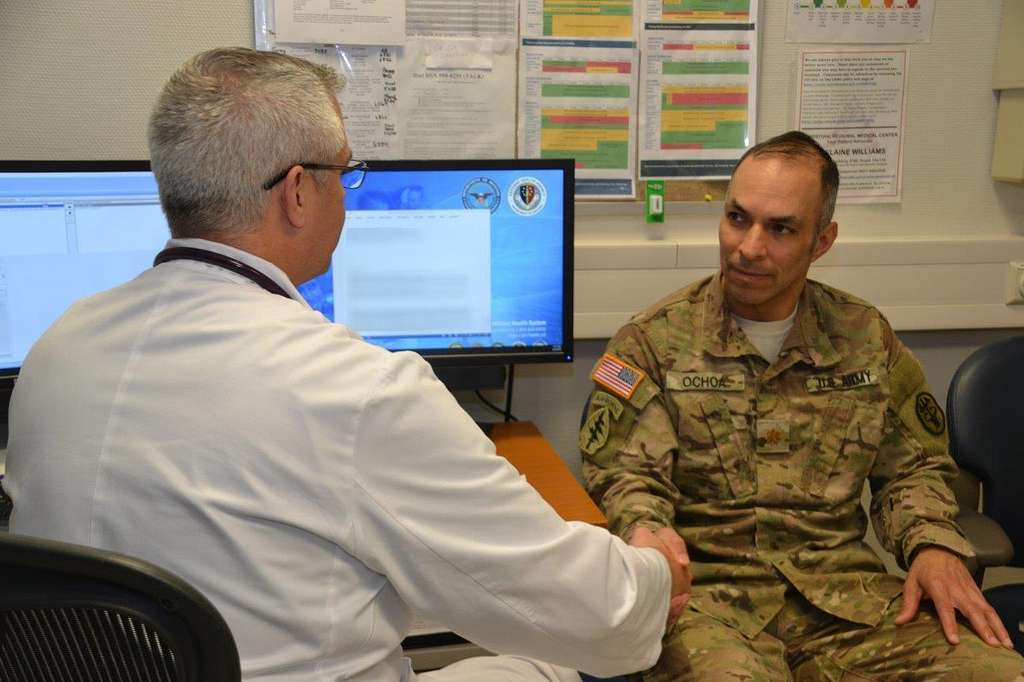Health screenings are a beneficial component of preventative care for all adult men, playing a significant role in mens health. These routine assessments can identify potential health concerns before they become serious, safeguarding both quality of life and longevity. Discover key screenings every man should look into, along with insights into their purpose and benefits.
Prostate Exam
A prostate exam is a key screening tool used in mens health to evaluate prostate health and detect conditions such as prostate cancer early. This examination typically involves two components:
- Digital Rectal Exam (DRE): A healthcare provider physically examines the prostate for abnormalities.
- Prostate-Specific Antigen (PSA) Test: A blood test measuring PSA levels, which may be elevated in the presence of prostate issues.
Men aged 50 and older should get annual prostate screenings. Men with a family history of prostate cancer or other risk factors may need to begin earlier, as determined by their physician.
Cardiovascular Risk Assessment
A cardiovascular risk assessment evaluates overall heart health and identifies potential risks for heart disease. This includes analyzing factors such as blood pressure, cholesterol levels, lifestyle habits, and family medical history. This comprehensive approach enables the development of personalized strategies to mitigate cardiovascular risks and promote long-term heart health.
Colon Cancer Screening
Colon cancer screening is used to detect precancerous polyps or colorectal cancer at an early stage. Starting at age 45, men should look into options such as a fecal occult blood test (FOBT), sigmoidoscopy, or colonoscopy to screen for colorectal cancer. Among these, a colonoscopy is the most thorough, allowing physicians to identify and remove growths before they become malignant.
Cholesterol Check
Cholesterol levels offer insight into heart and vascular health, indicating potential risks for conditions such as heart attacks or strokes. A cholesterol screening measures levels of:
- LDL (Low-Density Lipoprotein): Also known as “bad” cholesterol, which can lead to artery blockage.
- HDL (High-Density Lipoprotein): The “good” cholesterol, which helps remove LDL from the bloodstream.
- Triglycerides: A type of fat associated with heart disease.
Men aged 20 and above should undergo cholesterol checks at least every 4 to 6 years. Those with risk factors such as obesity, diabetes, or a family history of heart disease may require more frequent testing.
Colonoscopy
A colonoscopy is a diagnostic procedure to detect and prevent colorectal cancer. It involves using a thin, flexible tube with a camera to examine the colon and rectum. This process enables doctors to identify and remove polyps that may potentially develop into cancer. Screening should begin at age 45 for most men, with follow-up colonoscopies every 10 years if results are normal. An increased frequency may be recommended based on the patient’s medical history or findings during the examination.
Schedule Your Mens Health Screening
Health screenings play a significant role in maintaining mens health, providing proactive insights into conditions that may develop with age. By undergoing regular assessments such as prostate exams, cholesterol checks, cardiovascular risk evaluations, colon cancer screenings, and colonoscopies, men can take charge of their health and prevent potential complications. For personalized advice on which screenings are right for you, schedule an appointment with a specialist today.

